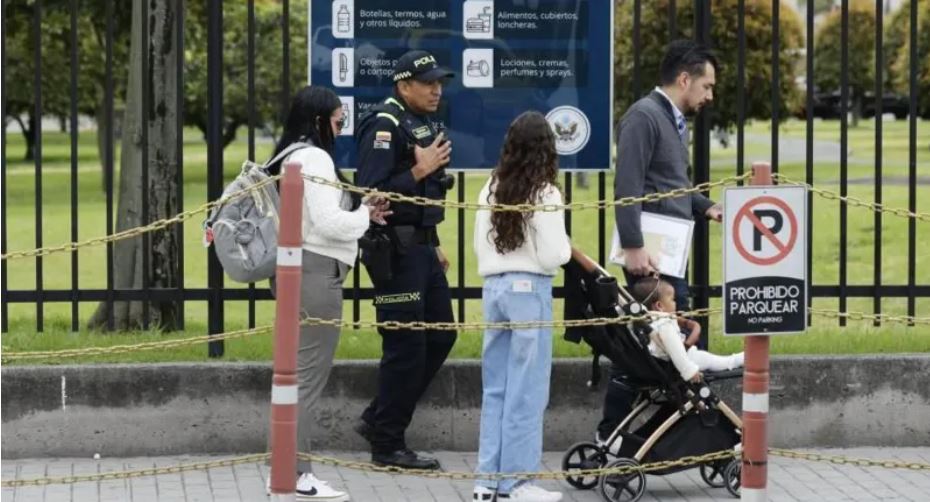

The US may require foreign nationals from certain countries to pay a $15,000 (Sh1,937,965) deposit for a tourist or business visa.
The 12-month pilot programme aims to curb visa overstays "or where screening and vetting information is considered deficient", according to a notice published by the US state department.
It does not specify which countries are covered by the pilot programme.
The US administration has taken several steps to further President Donald Trump's agenda of stemming illegal immigration.
Trump signed an executive order on the first day of his second term to this effect.
The state department notice, published on Tuesday, says: "Aliens applying for visas as temporary visitors for business or pleasure (B-1/B-2) and who are nationals of countries identified by the Department as having high visa overstay rates, where screening and vetting information is deemed deficient, or offering Citizenship by Investment, if the alien obtained citizenship with no residency requirement, may be subject to the pilot program.
"Consular officers may require covered non-immigrant visa applicants to post a bond of up to $15,000 as a condition of visa issuance, as determined by the consular officers."
Since coming to office in January, Trump has signed orders to roll back humanitarian programmes for migrants from certain countries who are already in the US.
The Republican president has also banned foreign nationals from 12 countries from travelling to the US, and imposed partial restrictions on another seven.
His administration has revoked visas for hundreds of international students and detained several others on college campuses across the US, often without any warning or recourse for appeals.
The state department has said it is targeting those who were involved in activities that "run counter" to US national interests.
Many of those targeted have participated in some form of pro-Palestinian activity.
But there have been other cases where cancellations appear to be connected to those with some sort of criminal record, or legal infractions like driving over the speed limit, immigration lawyers have said.













